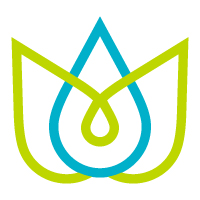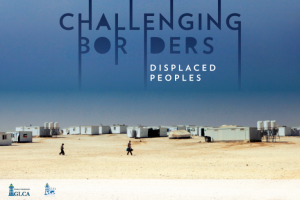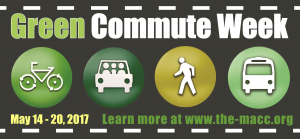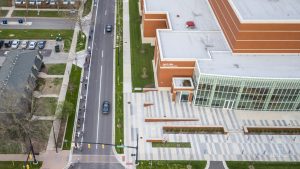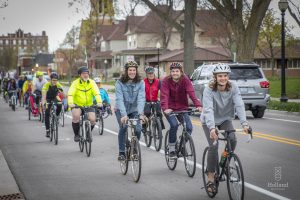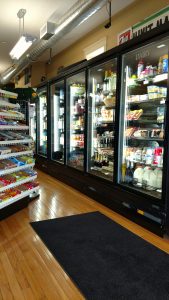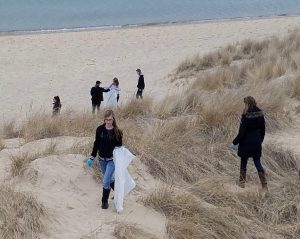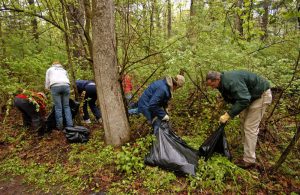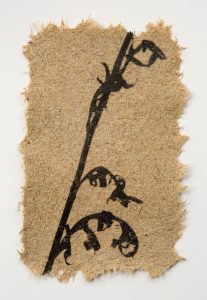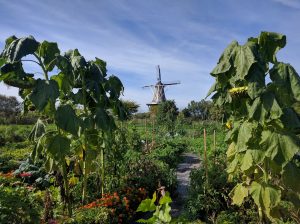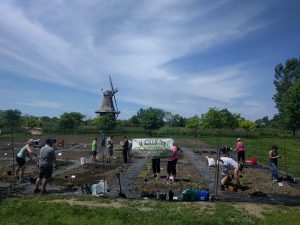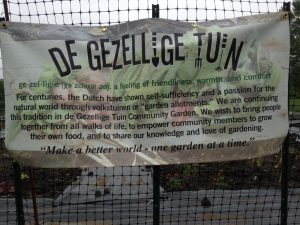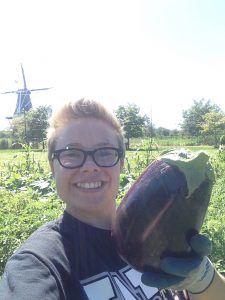LIVING SUSTAINABLY: Six Ways to Raise a Sustainable Family in Holland
By Marissa Berghorst, Mother and Businesswoman
Raising a sustainable family is easier than you might think. While there are many different ways to move towards becoming a more sustainable family, some of them may seem overwhelming. Here are six small, achievable steps you can take to ensure you are raising a sustainable family.
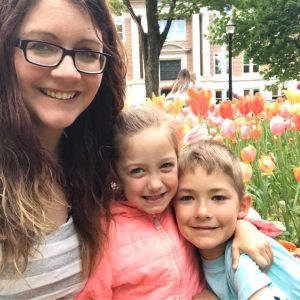 1. Spend more time reading, playing games, and exploring nature. Take time to explore family friendly attractions. Great local options include the Outdoor Discovery Center, DeGraaf Nature Center, Nelis’ Dutch Village, and the Critter Barn. Screen-free time will decrease your dependence on entertainment that requires energy. Also, remember to unplug devices when they are not in use.
1. Spend more time reading, playing games, and exploring nature. Take time to explore family friendly attractions. Great local options include the Outdoor Discovery Center, DeGraaf Nature Center, Nelis’ Dutch Village, and the Critter Barn. Screen-free time will decrease your dependence on entertainment that requires energy. Also, remember to unplug devices when they are not in use.
2. Use cloth diapers. On top of saving an average of $2,000 per child, you will also be saving 6,000 to 7,000 disposable diapers from the landfills, per child. Modern cloth diapers have no pins, no rubber pants, are super cute, and incredibly easy to use.
3. Switch up your laundry. Wash in cold and line dry your clothes when possible. Bonus tip: To avoid crunchy clothes after line drying, switch to a detergent without optical brighteners. When tumble drying, trade in fabric sheets for wool dryer balls. Not only will wool dryer balls decrease dry time (a major plus for any family!) they will also soften your clothes without the extra chemicals.
4. Skip the brown bag. Skip the plastic ones too. When packing lunches, opt for a reusable lunch box. Take it a step further by also using reusable snack bags.
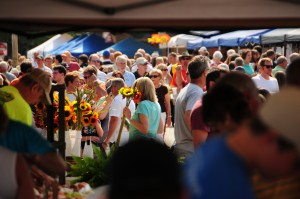
5. Shop the farmers market. The Holland Farmers Market offers freshly picked fruits and vegetables, and also breads, cheese, eggs, flowers, honey, meats and more. Get the whole family involved by taking part in the free kids’ activities from 9:30 to 11:30 a.m.. on Wednesdays from June 14 through Aug. 30.
6. Leave the car parked more often. With daily, monthly, and student passes available, MAX Transit buses are a great way to get around. If public transportation is a new experience for you, the MAX offers a free bus buddy program. A bus buddy will ride with you, help you plan trips and offer general tips. To request a bus buddy, contact the MAX at (616) 355-1010. Also take advantage of the more than 150 miles of paved bike trails Holland has to offer.
Marissa Berghorst is a mom of kids ages 5 and 7 and co-owner of ECOBUNS BABY + CO. in Holland, which specializes in eco-friendly baby and parenting products and is a 2017 recipient of the Local Motion Award from Local First of West Michigan.
Photos:
FARMERS MARKET 2.JPG: Shopping the Holland Farmers Market is fun, healthy and a good choice for a sustainable family. Courtesy photo
BERGHORST AND KIDS JPG: Marissa Berghorst spends time with her children outdoors as part of her plan to raise a “sustainable family.” Courtesy photo.
![]() This Week’s Sustainability Framework Theme:
This Week’s Sustainability Framework Theme:
Environmental Awareness/Action: Environmental education and integrating environmental practices into our planning will change negative outcomes of the past and improve our future.
Living Sustainably is a collection of community voices sharing updates about local sustainability initiatives. It is presented by the Holland-Hope College Sustainability Institute, a joint project of Hope College, the City of Holland, and Holland Board of Public Works. Go to www.hope.edu/sustainability-institute for more information.


